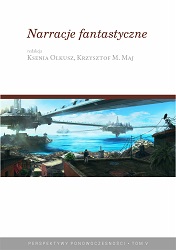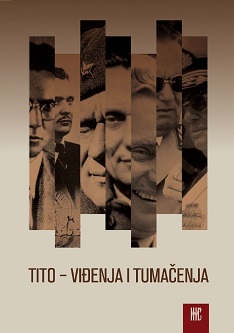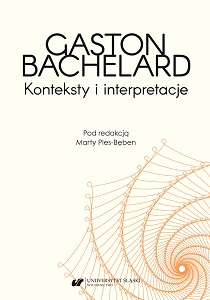
Miasta-światy
Monika Rawska’s chapter focuses on two modern movies "Equilibrium" (dir. Kurt Wimmer, USA 2002) and "Inception" (dir. Christopher Nolan, USA—Great Britain 2010) with an analysis of the city spaces depicted in these films. Progress is the basis of the analysis. Progress is the impulse pervasive in utopias and it is an important motivator for human actions presently perceived as negative—imperialism, colonialism, racism. Margaret Mead’s notion that Utopia should be seen as a historical category while revealing an essential ambivalence is well summarized in her work, “One man’s dream is another man’s nightmare”. This is also represented in select films depicting a new society with a visual representation of order. For example, in Libria and architect’s city both of which were created with a positive and beneficial premise, though over time they became a burden for the characters. Change in perception of reality is one of the significant elements in dystopian narratives, that are also present in film adaptations, in what Ludmiła Gruszewska-Blaim calls a „utopiacrime”. Libria is depicted as the only city in the world in the film, "Equilibrium". Libria is a dystopian cityfortress contrasted with the surrounding Nether and an appropriated enclave space of Offenders. It functions as a simulacrum of the past at a time before the war. The film vision of the future is an intertextual collage of conventional representations of the totalitarian organization of both space and society. Dream city is the creation of an architect couple in the film, "Inception". It is a very different space, imagined and fictional and it perfectly captures the impossibility of utopia as revealed by its very name that means non-space. Reality, which the couple created for themselves, demonstrates an interesting tension between the architectural utopia and the solitary eutopia as well as a conflict of planner vs. wanderer (as described by Michel de Certeau). In both movies the city space becomes a threat in spite of its projected function as a safe and/or familiar space. In "Equilibrium", it imposes on and disciplines its inhabitants as tools of the state. In Inception, the city is the accumulation of the protagonists’ entire world and it turns unto its own ruin, a memory maze swallowed by the sea.
More...





